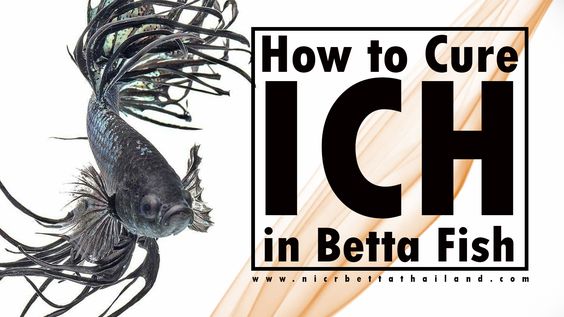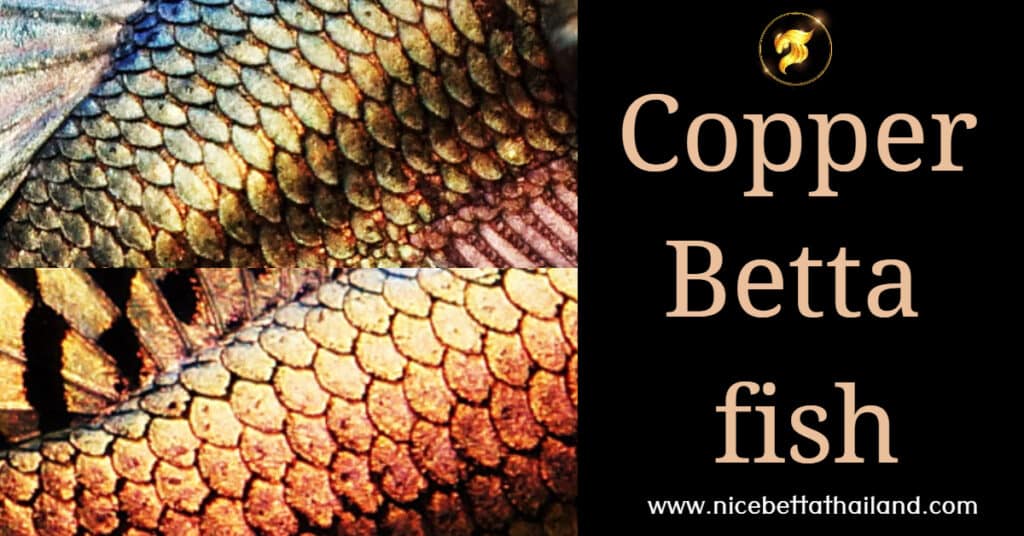What is Ich in betta? Ick, also known as ‘Ich’ or ‘white spot’, is an external parasite that latches onto the body of a betta fish, causing irritation, itchiness and malaise. The parasite stays on the fish for up to 4 or 5 days before it drops off, reproduces, and then latches back onto the fish. Ick is fairly easy to treat – especially if you catch it early on – but if left untreated, it can eventually lead to fatality.
Symptoms
The main sign of Ick is white spots covering the body of the betta splendens, making the betta look like it’s covered in a white dust. The betta may start rubbing itself against objects in the aquarium (this is typical of Ick). General reactions to illness will also occur, such as a loss of appetite, lethargy and clamped fins.
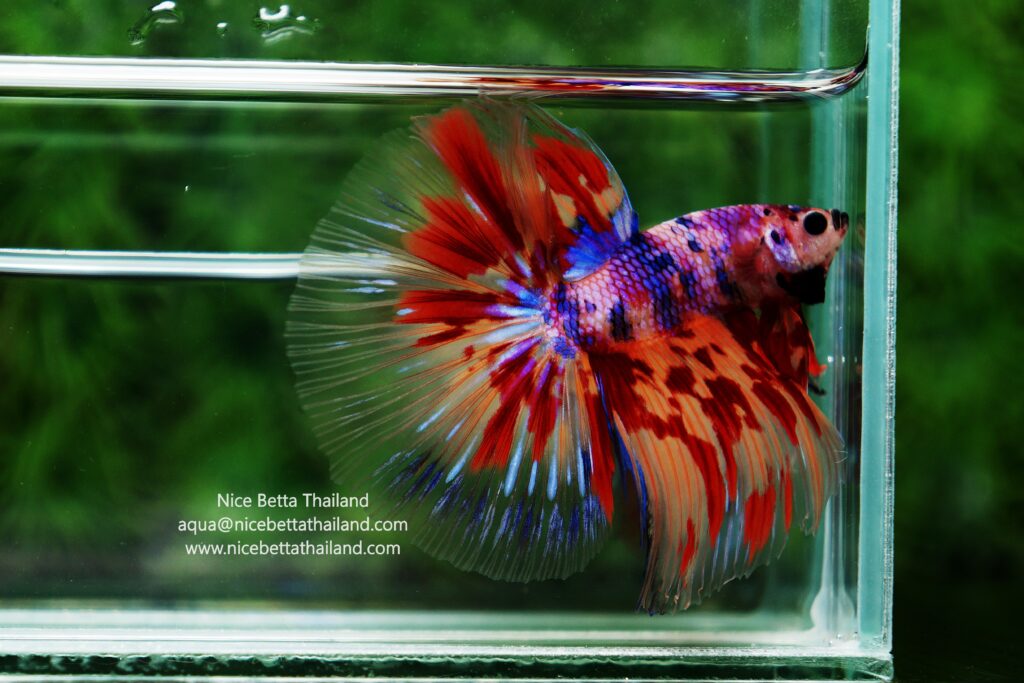
Possible Cures for Ich
Usually it’s good practice to isolate an infected fish before treatment if your betta isn’t the only inhabitant of its aquarium. However, this doesn’t apply with Ick because you need to remove the disease whilst it’s in the water, not remove it from the betta. You’re treating the entire aquarium for Ick, not just the fish itself.
If caught in its early phases, Ick is much quicker to cure. It’s always a good idea to keep a look out for it. The longer Ick goes without being treated, the more harmful and stressful it will be for your betta. If it goes untreated for too long the betta may die, but for this to happen the fish would need to be living in poor conditions and you would need to neglect the disease for a long time.
The medication mentioned below is most effective when Ick is in it’s free-swimming stage. During the other stages the disease will be somewhat resistant to medication. However, you don’t need to worry about targeting Ick at a particular stage, you just need to start treating it as soon as you notice it, and continue the treatment until you can be sure the disease is gone. If you are interested in knowing more about the lifecycle of Ick and how the illness grows in the aquarium, there’s a detailed guide here from Pet Education.
As well as medication, it’s a good idea to add salt to the aquarium when treating your betta for Ick; this should help to get rid of the disease more quickly (1 teaspoon of aquarium salt per 2 1/2 gallons of water). For more information on salt, read our guide here.
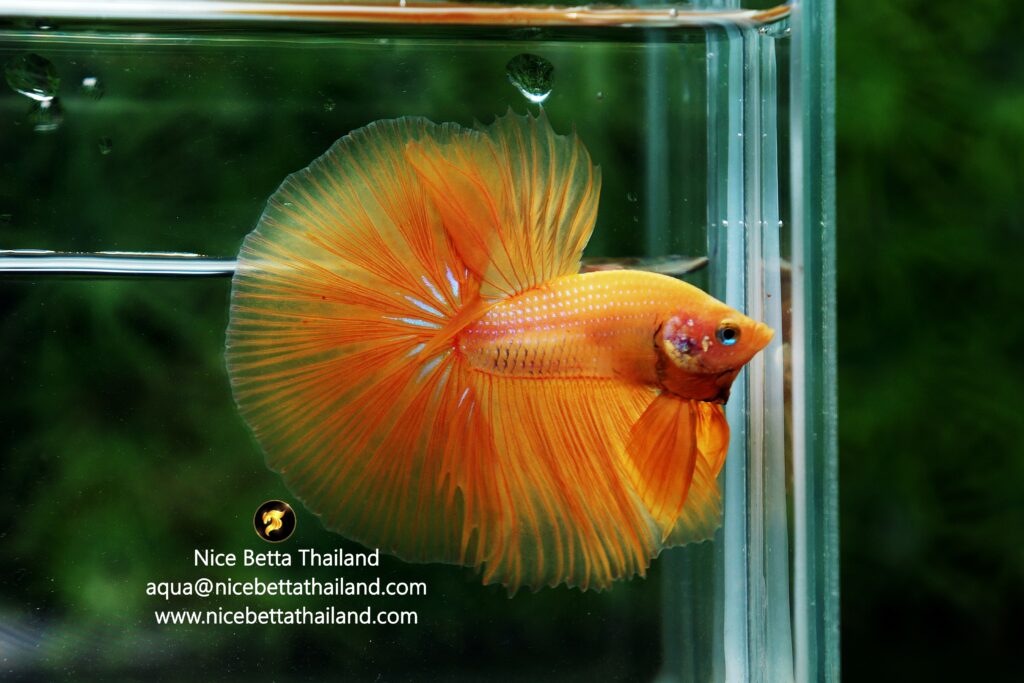
Steps to treat Ick
Raise the temperature of the aquarium by a few degrees so it sits at about 85°F (Ick is very temperature sensitive, the warmer the water, the greater your chances of curing it.). If you’re keeping your betta in an aquarium less than 5 gallons, it’s not a good idea to play with the temperature too much as an aquarium of that size can fluctuate in temperature a lot as it is. If you are keeping your fish in a small aquarium (5L or less), move it to a larger aquarium (we recommend 15L) and set the temperature accordingly. A stable temperature is needed to cure any illness. The smaller the body of water, the more the temperature can fluctuate. A larger body of water with a heater set to 85 is more likely to stay at 85 at maximum warm-up. If you do move your betta to a hospital aquarium for treatment, it’s a good idea to treat BOTH aquariums in order to ensure the home aquarium is free of Ick. It would be pointless curing your betta and then putting it back into an aquarium still infected with Ick – all the hard work would be lost. Read about setting up a hospital aquarium HERE.
If you plan on medicating the siamese fighting fish or betta’s original aquarium, we recommend you do an 80% water change before adding any treatment to the water. Remember to remove any chemical media (such as carbon) from the filter as this with remove any medication from the water, rendering it useless. Depending on the severity of the illness, you may wish to use aquarium salt to cure your fish. Salt, if used properly (see our guide here), is a great cure for Ick.
Start by adding the selected medication (we have included some recommendations below) to the aquarium. The dosage will be specified on the medication packaging (it’s usually measured in drops per gallon). If after 5 days there appears to be no sign of the Ick disappearing then add salt as well as the medication. Be sure to read over our article on adding salt for medication HERE.
Continue to medicate until all visible signs of Ick have disappeared. Once you notice that the Ick has cleared up, we recommend that you continue medication for another 48 to 72 hours (provided that your betta is the only critter in the tank) to ensure that the parasites have been completely removed from the aquarium . We cover this in more detail below.
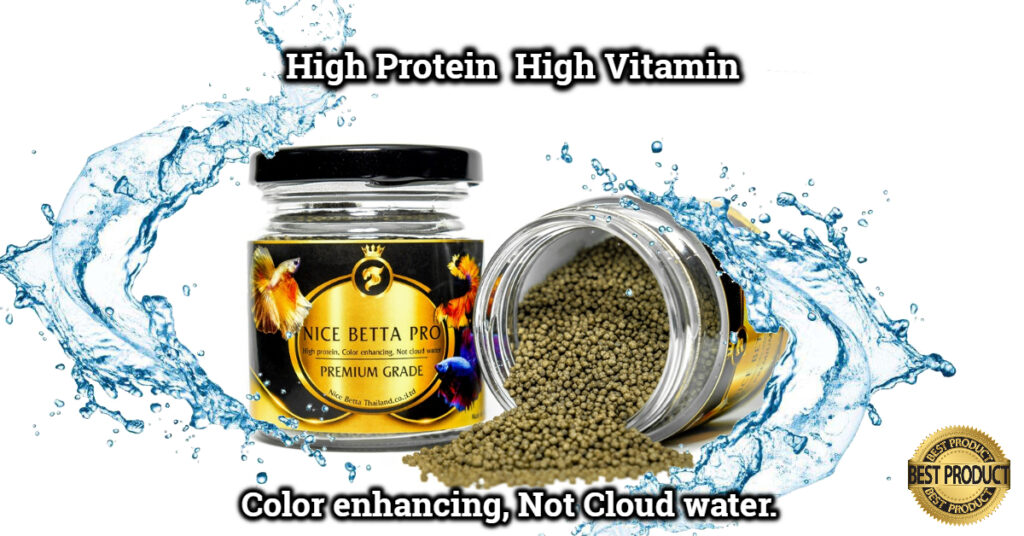
Continue aquarium maintenance as normal
Whilst medicating for Ick, you should continue your routine of maintenance and water changes as normal, but re-medicate the aquarium accordingly after each water change. Also, when your betta is cured and healthy, do a 60% water change to remove any excess medication. You should remove any carbon from your filter before medicating (as carbon will remove medication from the water) so simply re-insert it into the filter once the treatment is complete. This will help to remove the medication from the water. HOWEVER, this will not remove salt. If you’ve added salt to the aquarium to cure your betta, it will gradually be removed as you continue to do water changes. There’s no rush to get all the salt out at once, a small amount is harmless.
Monthly water changes will eventually remove all the salt, but if you end up doing a full clean out of your aquarium (100% water change), this will ensure that any salt has been removed from the water.
Medications for betta Ick
Copper sulphate is frequently used when treating for parasites but can be very toxic, so use with care. Instructions for use will be given on the bottle.
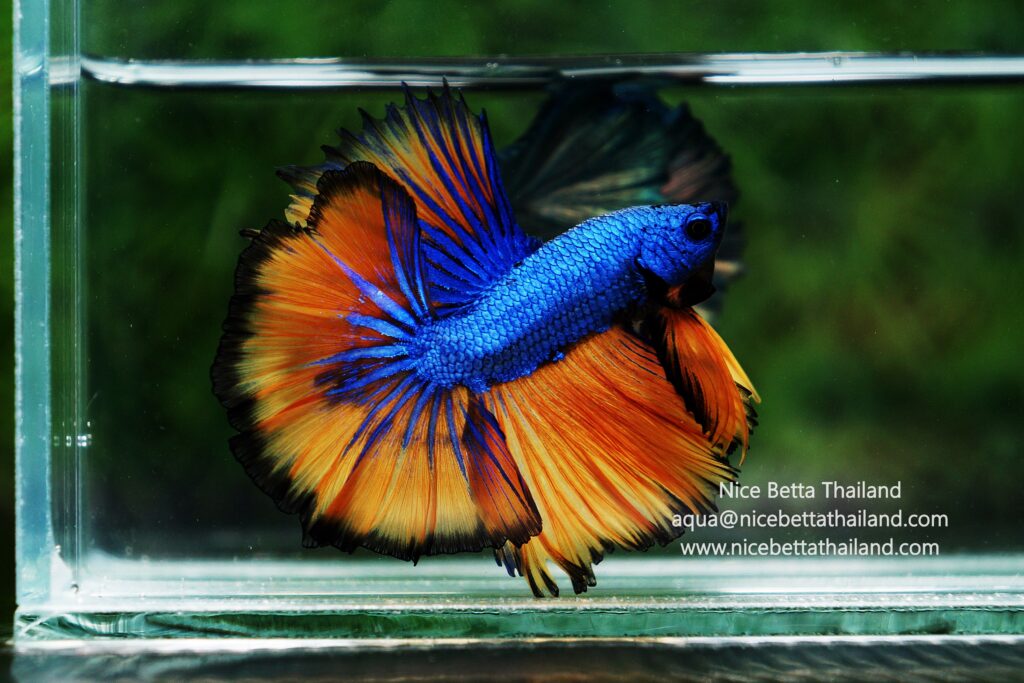
Recommended Medications that use Copper / Copper Sulphate
- CopperSafe by Mardel
- Aquarisol by Aquarium Products
The medication won’t treat every fish in the same way. There are lots of variables to consider, like the size of the aquarium and the fish’s age, so take this into account when applying the medication.
Using salt to Medicate
Adding salt to your aquarium can be a great method of getting rid of Ick, but like medication, should always be approached carefully – we recommend you read about salt implementation here before following our instructions below. We’ll recommend salt dosage for your aquarium below but this should only be used as a reference. Depending on how you source your treatment salt, dosage instruction may be given on the product box/packaging. For Ick we recommend doing the following below.
We recommend dosing about 22 grams per litre of the aquarium.
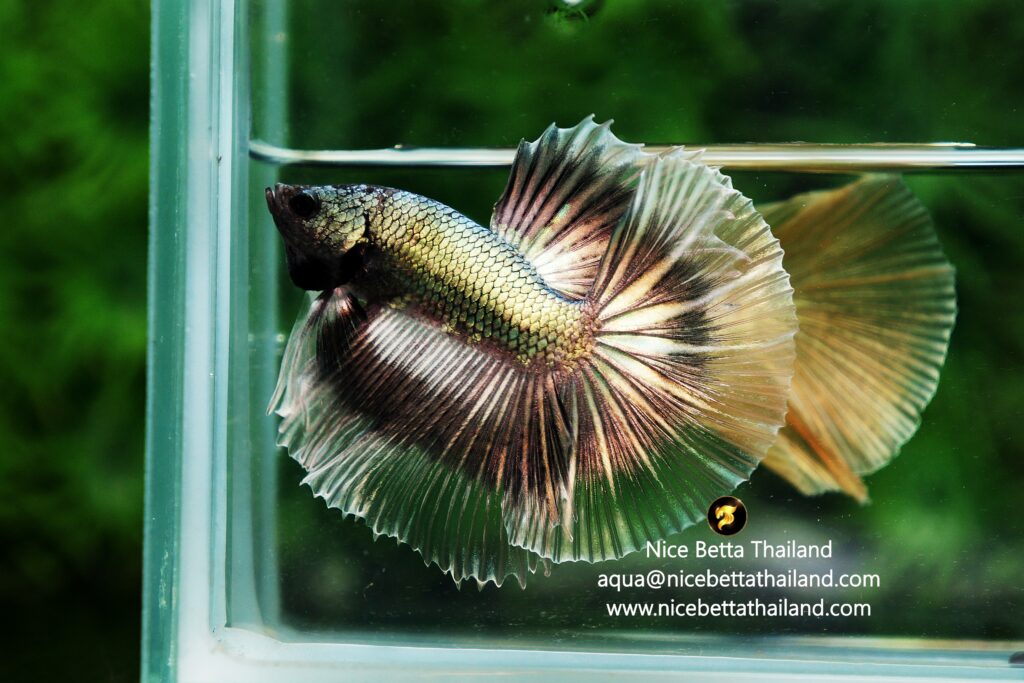
Is salt still ok if the betta isn’t alone in the aquarium?
Ich is highly contagious, so you need to treat the entire aquarium for it, not just your betta. However, while salt is great for curing bettas, it is not suitable for all aquarium dwellers. If your betta is with plants and animals that are also resistant to salt, great! You can add salt to your aquarium as described. If not, then you have two options:
Medicate the aquarium without salt. This is possible, but may mean that it takes longer to cure the aquarium.
Medicate separately. You can medicate your normal aquarium without salt, and transfer the betta (and any other salt-resistant critters) to a hospital aquarium and medicate that with salt. Remember, if the betta is cured first, do not reintroduce it to the ‘home aquarium’ until it has also been cured.
Learn more about How Good And Bad Is Aquarium Salt For Betta Fish
I’ve cured Ick but it keeps coming back
Many fish keepers can be frustrated with this illness as it can seemingly keep coming back, when actually it just hadn’t completely gone in the first place.
When you treat your aquarium for Ick, you should not assume the disease has been entirely removed once your betta starts to look healthy again. Due to the lifecycle of Ick, it can still exist in the aquarium even though it’s not ‘attached’ to your fish. Even if it’s not physically affecting your fish, it can still be somewhat ‘growing’ in the aquarium. You need to ensure that Ick is removed from the aquarium water, not just from the betta.
With bettas being a tropical species, you shouldn’t need to medicate the aquarium for too long. Ick is vulnerable to higher temperatures, so this makes it quicker to cure in a betta aquarium than it would in a cold water aquarium. You shouldn’t need to medicate for Ick for longer than 10 days.
Provided that the betta is the only critter in the tank, we recommend medicating for an extra 48 to 72 hours once you think the Ick is gone.
Also we have group talk about betta fish for sale and share any new tip take care information on Web3 socialFi group

Right now we have betta fish doctor help every bettas lover by top breeder in Thailand to cure or share more tip on Animalverse social
If your bettas fish sick or need tip to treat help Let’s join the group many top breeder will help to answers betta fish community
More tip :
15 Common Betta Fish Diseases Prevention and Treatment
Why Do Betta fish Change Color?
How to Keep a Betta Fish Alive for 4 Years
Why betta fish not eating pellets?
The most expensive betta fish in the world.
How to Keep a Betta Fish Alive for 4 Years


